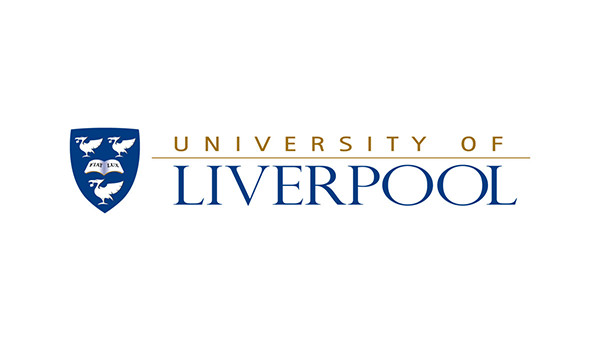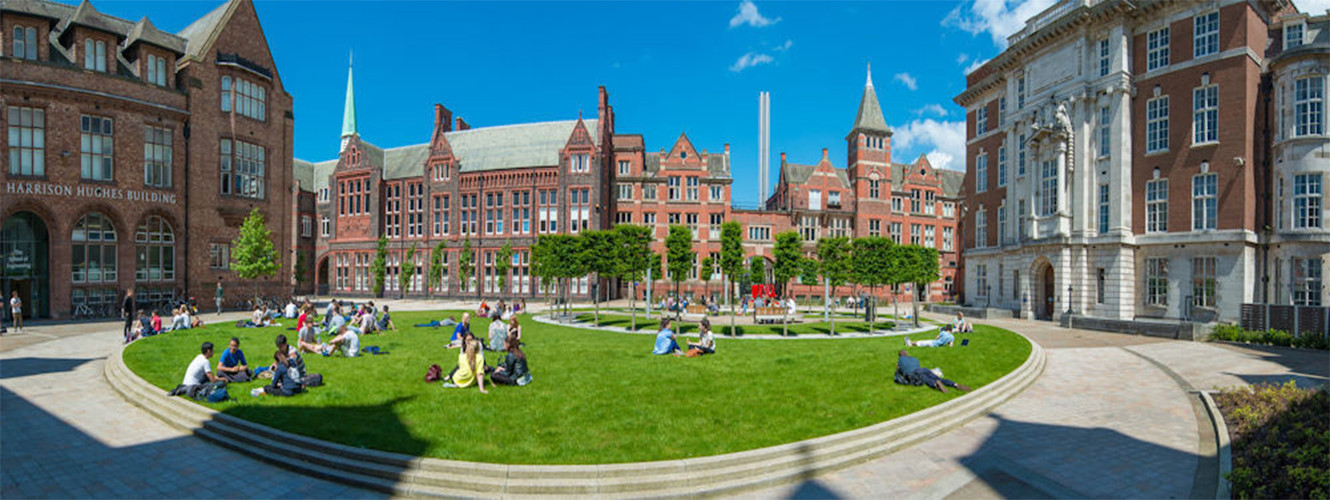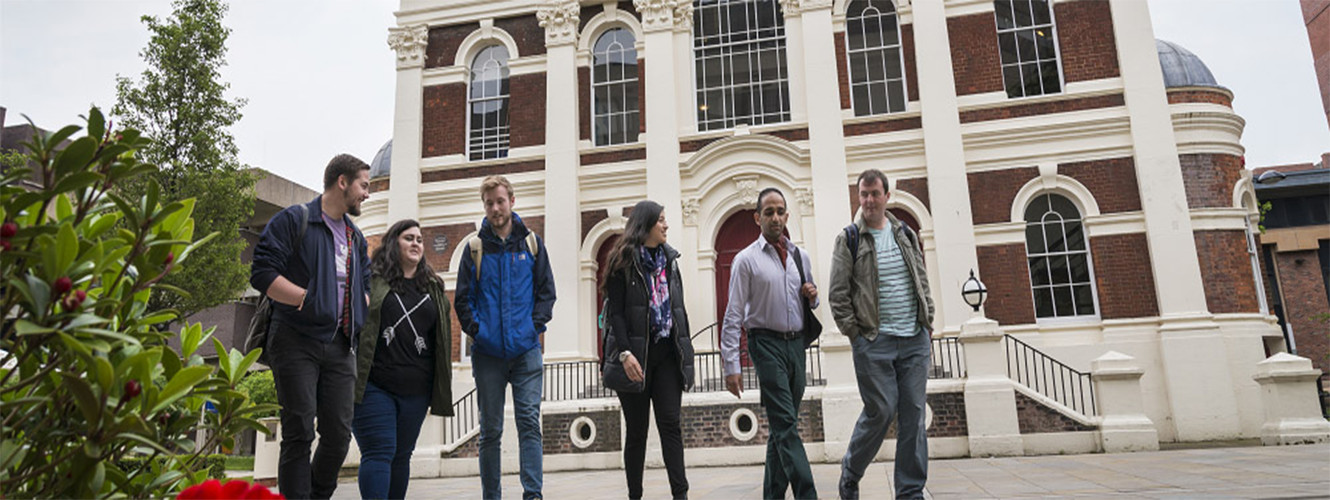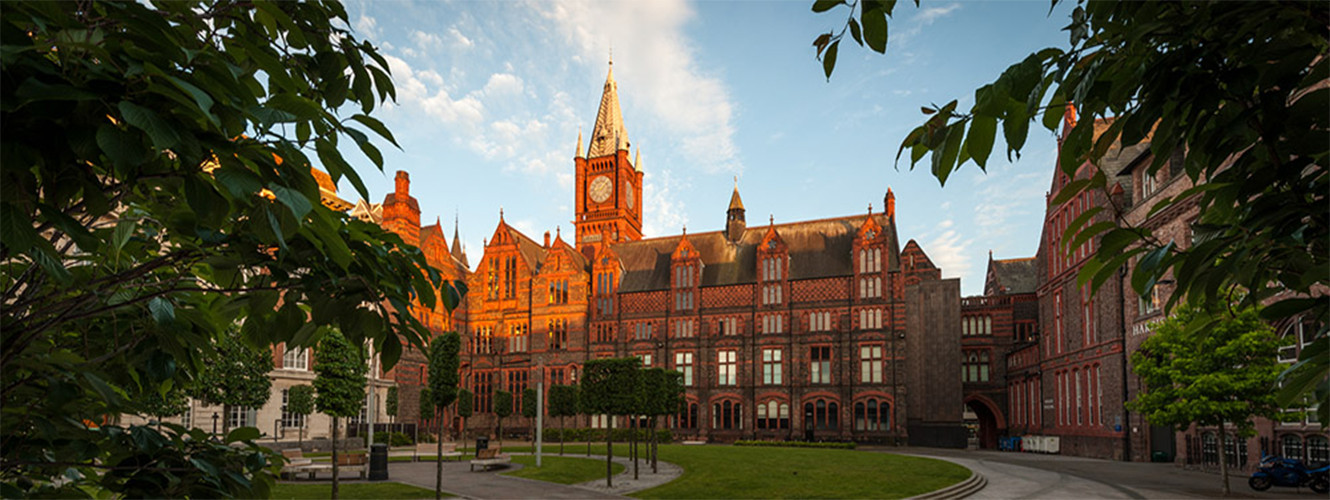UK83 BSc (Hons) Pharmacology University of Liverpool
-
THÔNG TIN CHUNG
Pharmacology is an exciting branch of experimental science concerned with drugs and how they work in the fight against disease.
You can be part of the UK’s largest Pharmacology department by studying at the University of Liverpool. Taught by leading academics who are active researchers in their fields in a rich and vibrant environment, you will study the physiological and biochemical processes underlying diseases such as AIDS, malaria, asthma, cancer, cardiovascular and neurological disease, and learn how drug molecules can be designed to relieve symptoms and combat the disease process.
This course provides an advanced programme using different forms of teaching, including lecture-based study of classical pharmacology, physiology, cell biology, biochemistry, molecular toxicology, cancer pharmacology, and many others.
You will take part in small group tutorials, practical classes, and conduct an original research project and a library dissertation on two topics that are the subject of active research in the Department.
Our local, national and international links with other leading academic institutions as well as industry will provide you with exposure to a wealth of opportunities.
Furthermore, the practical nature of the degree means you will be better prepared to apply for careers in research, including graduate entry to medical school or into a PhD or master’s programme. Our graduates move into careers in various sectors, which include large and small pharmaceutical and biotech industries and academic research, both nationally and internationally.
-
CƠ HỘI NGHỀ NGHIỆP
As a Life Sciences graduate from the University of Liverpool, you will have an excellent set of career options ahead of you. For those committed to a career as a professional scientist, higher degrees (MBiolSci, MSc, MRes, MPhil or PhD) at the University of Liverpool or elsewhere provide a flexible set of options for further study.
In the public sector, Life Sciences graduates are in demand in research institutes, government departments, the National Health Service, forensic science and the Environment Agency. Commercial sectors that actively recruit graduates from the Life Sciences include the pharmaceutical, food, biotechnology, water and agriculture industries.
There is also an increasing demand for life scientists to contribute to the public understanding of science as journalists and information/liaison officers, in view of the ethical and environmental issues that arise, for example, by developments in molecular biology and biotechnology.
- ĐIỀU KIỆN ĐẦU VÀO
- ĐIỀU KIỆN NGÔN NGỮ
- HỌC BỔNG
- ĐỊA ĐIỂM
Tóm tắt
-
Phí ghi danh
0
-
Độ dài khoá học
3 năm
-
Kỳ nhập học
Tháng 9
Phí Cơ Bản
-
Loại Tiền
-
Học Phí
Trên năm -
Phí Sinh Hoạt
Trên năm -
Tổng






